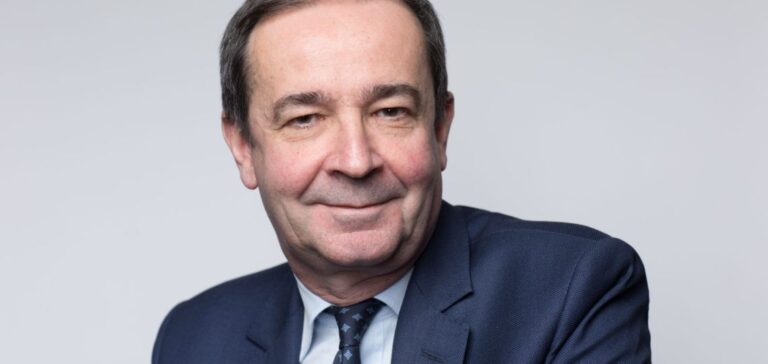Bernard Fontana, selected by the Élysée to head Électricité de France (EDF), presented his key priorities to parliamentary committees. His appointment was approved by 55 votes to 40 within the Economic Affairs Committees of the National Assembly and the Senate. It will be formalised by presidential decree following the group’s general assembly scheduled for 5 May.
Renewed dialogue with major industrial consumers
One of Bernard Fontana’s first commitments concerns EDF’s relationship with large electro-intensive industrial players. He expressed readiness to establish new supply contracts under more stable conditions, breaking with previous policies. The Exeltium consortium, which brings together several of these actors, expressed its willingness to resume negotiations in the coming weeks, hoping to conclude them before the summer.
Mr Fontana, a former executive in heavy industry, underlined the importance of supplying competitive electricity to all industrial consumers. He stated his intent to swiftly identify leeway for strengthening contractual relations with strategic sectors of the French economy.
Nuclear revival and targeted investments
At the core of Bernard Fontana’s project is the goal of increasing nuclear output to 400 terawatt-hours by 2030. This plan relies on boosting the capacity of existing facilities and controlling the schedule and costs of the EPR2 programme, which foresees six new reactors with an option for eight more. He stressed the necessity of anticipating the ageing of the current fleet.
Simultaneously, modernising the hydropower fleet has been identified as a priority, with a clear refusal to put dams into competition despite demands from the European Commission. This position aims to secure national production capacity amid the energy transition and the need for grid stability.
Financial constraints and strategic trade-offs
EDF continues to carry a debt of EUR54.3bn ($58.2bn), a level that still weighs heavily on its investment strategy. This situation raises concerns among parliamentarians, who highlight contradictory expectations between profitability, state-backed nuclear development, and pressure to keep prices low for consumers.
Bernard Fontana affirmed his intent to prioritise investments within French territory. He also reiterated the group’s commitment to complete offshore wind projects already awarded in France, while deepening analysis of the various components of the energy mix. He stressed the importance of maintaining overall system stability, especially as recent large-scale outages in Spain and Portugal have reignited debates on supply security.






















